
Unlock Your Business Potential with Managed IT Services
Managed IT services can be a game changer for businesses of all sizes. Whether a one-person shop or a large enterprise, these can provide you with the resources, tools, and information technology expertise you need to succeed.
For most businesses, they were unheard of several years back. That’s because these services were offered only by the big companies. Fast forward to today, and managed services are now available to everyone thanks to a slew of cloud-based solutions.
The expected value of the global IT Managed Services market is US$ 244670 million in 2022, and it is anticipated to reach US$ 399170 million by 2028, with a CAGR of 8.5% throughout the analysis period.
These cloud platforms offer potent tools which allow even the smallest businesses to get an edge over their competitors. This has led to almost every business owner/CEO, including Managed IT Services in their budgets.
You can handle your IT problems as a business owner. This is true for some businesses, but most large complex companies will be well served by outsourcing their IT service model to a managed service provider (MSP).
This article goes over why managed services for businesses are essential.
What is Managed IT Service?
Managed IT services are the ultimate in business technology support. Whether it’s security, disaster recovery, or network design, managed service providers eliminate the headache of keeping your business up and running.
Outsourcing, managed services, security services, data management, and cloud computing comprise the larger market for IT services. End-user spending on cloud computing is expected to reach nearly 500 billion dollars in the United States in 2022.
Managed service offering is a proactive solution that provides you with around-the-clock hardware and software support for your computer network. This means you’ll never have to worry about being left in the dark when something goes wrong — because a professional team of experts is all taken care of
These services typically include a variety of services, including:
- Help desk support and remote monitoring and management.
- Security monitoring and threat protection.
- Software and hardware installation, configuration, and deployment.
- Telecom expense management services.
Managed service provider msp companies provide their clients with 24/7 monitoring, assistance in identifying and resolving issues before they become problems, backup and recovery plans, and focus on improving other services designed to keep your business running smoothly.
Different Types of Managed IT Services
There are many types of managed IT services available, but here are some of the most common:
Managed Networks and Infrastructure – This service includes monitoring and managing remote servers, desktops, and laptops. These services also include application management support and help desk support.
Managed Security –Managed Security refers to outsourcing security operations and management to a third-party service provider. MSSPs offer a range of security services, including threat detection and response, vulnerability assessments, security monitoring, and incident management. They use specialized security software and tools to monitor and manage the client’s security environment, identify potential security threats and vulnerabilities, and respond to security incidents in real-time.
Managed Support Services – Managed support services provide all the technical expertise needed to keep your systems running smoothly without downtime due to technical issues or problems with software applications such as Microsoft Office 365 Exchange Online and Microsoft Azure Active Directory Cloud Services.
Managed Wireless and Mobile Computing – This type of IT service involves the management of wireless networks, mobile devices, and applications. With these services, companies can have more control over the performance of their employees’ mobile devices by ensuring they are secure and up-to-date with the latest operating systems.
Managed Communication Services – Managed communication services are designed to help companies improve productivity by ensuring that all employees can communicate effectively with one another through email and instant messaging. These services also include other forms of communication, such as video conferencing, web conferencing, and more.
Software as a Service (SaaS) – Software as a service provides clients with access to applications hosted on the cloud, typically through the internet. This means that users do not have to install or maintain any software on their systems.
 What are the Benefits of Using Managed IT Services?
What are the Benefits of Using Managed IT Services?
Managed services are a great way to maintain your IT infrastructure’s security, performance, and reliability. This is especially true if you’re a small business or a startup company with no budget for full-time IT staff.
Of the 451 large businesses surveyed by 451 Research, 45% planned to collaborate with a MSP, and 42% prepared to deploy additional security software. The industry is changing as a result. Managing service contracts have replaced the old break-fix model in 59% of IT services.
Managed IT providers offer several benefits in their service level agreement sla over doing things yourself:
Contractual Terms: A managed service provider often has a contract in place with their clients that outlines the responsibilities of both parties. This helps ensure that everyone is on the same page regarding what they’re expected to do, when they’re expected to do it and how much they’ll be paid for it.
Reliability: An MSP will work hard to avoid any potential issues — from hardware failure to cybersecurity threats — so that you don’t have to worry about them taking down your entire system or causing data loss.
Cost Savings: It can help you save money by reducing spending on technology. Your service provider can take care of all your IT needs, from network management to infrastructure upgrades, so you only pay for what you use. This can save you more of your total cost of ownership.
Reduce IT Spending: These providers offer fixed monthly rates that allow you to budget for your entire year’s expenses upfront and avoid unexpected costs that could hurt your bottom line.
Dependable Service: Instead of wasting time troubleshooting problems yourself or waiting on hold with technical support, let us handle it! Our team will monitor your network 24/7, so you have peace of mind knowing there’s always someone available to help when something goes wrong.
Managed IT Services Provider Inclusion
To qualify for inclusion in the Managed IT support services category, a service provider must offer their clients a range of IT services and support:
- Provide Constant Monitoring of IT-Related Functions: This includes monitoring of the server, applications, and network, as well as security systems.
- Provide On-Demand Support: A MSP should have a team of technical experts that can be deployed whenever an issue arises. This could include a help desk, online chat, or phone support.
- Provide IT Consulting: A good MSP offers advice and guidance on improving your business’s technology infrastructure and processes.
Final Words
The benefits of managed services are clear. By outsourcing their IT management services and maintenance, businesses can free up their internal IT staff to focus on more strategic initiatives and benefit from improved security, compliance, cost savings, and customer service. However, finding the right managed IT services provider for your business is essential. Be sure to look for a provider that has experience working with companies of your size and industry, is reliable and has a good reputation, and offers competitive prices.
If you’re looking for a managed services provider in Rockland County NY or Hudson Valley, Protected Harbor can help. Protected Harbor is one of the top Managed IT Services providers in the US and offered a range of services to meet your business’s IT needs.
With digital and technological techniques that support your company’s objectives, IT specialists at Protected Harbor will assist in transforming your enterprise. Reduce stressful day-to-day IT operations, minimize costly downtime, and improve operational maturity. Gain access to a whole team of IT professionals to help you manage the newest technology and a wealth of knowledge that will accelerate your growth, boost your profitability, and improve your business.
Get a free IT Audit today and unlock your business potential with Protected Harbor.

 Flexibility: There are many ways to solve IT issues, and we know that. However, your IT team should be deploying solutions that can solve multiple problems. For example, when upgrading to a new system, your IT partner may recommend or automatically add multi-factor authentication to your new system, increasing security. They should automatically find ways to solve future potential problems even if they don’t exist yet.
Flexibility: There are many ways to solve IT issues, and we know that. However, your IT team should be deploying solutions that can solve multiple problems. For example, when upgrading to a new system, your IT partner may recommend or automatically add multi-factor authentication to your new system, increasing security. They should automatically find ways to solve future potential problems even if they don’t exist yet.



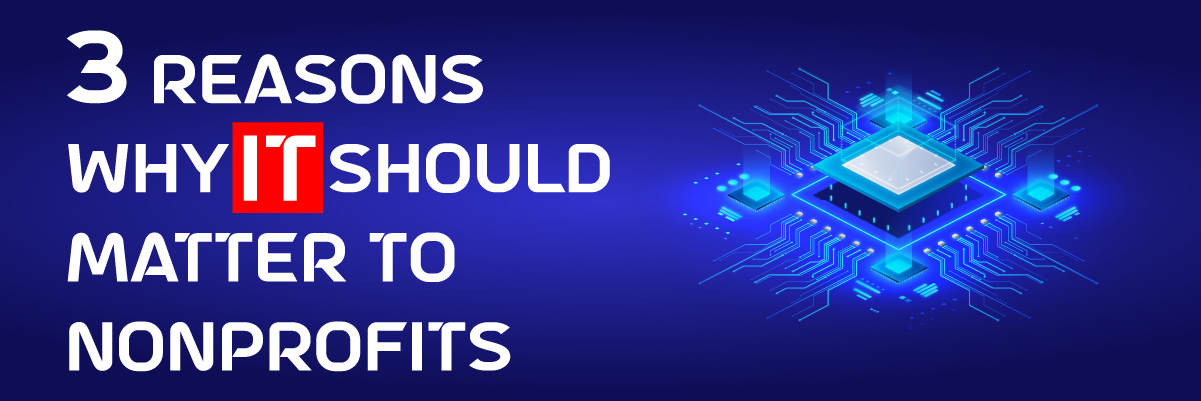
 Increased Efficiency
Increased Efficiency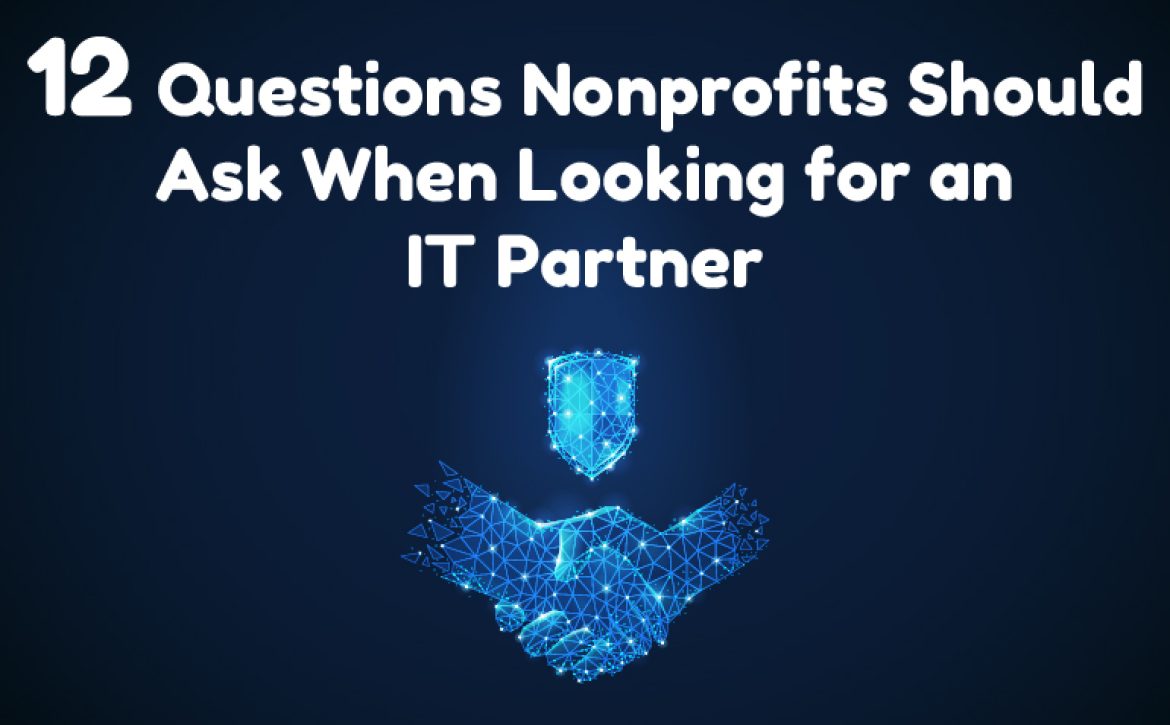
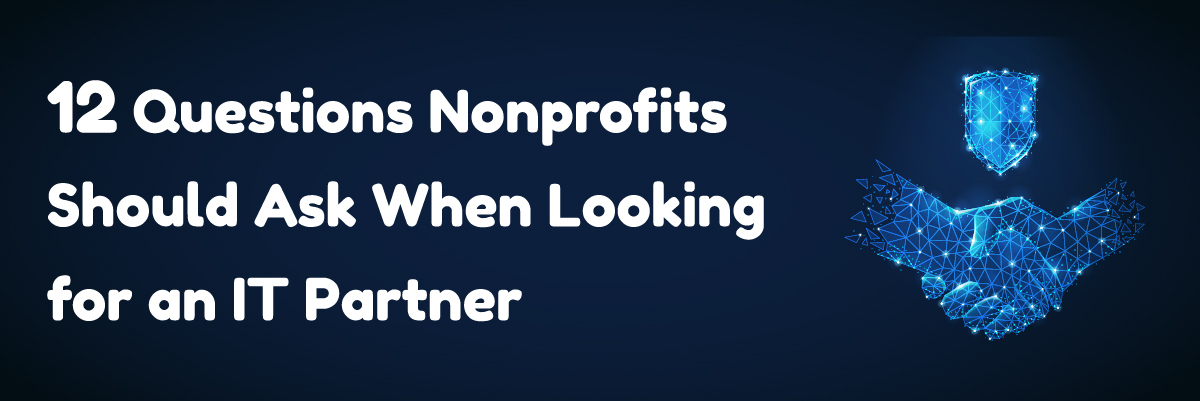



 IT Updates for Tech Leaders
IT Updates for Tech Leaders
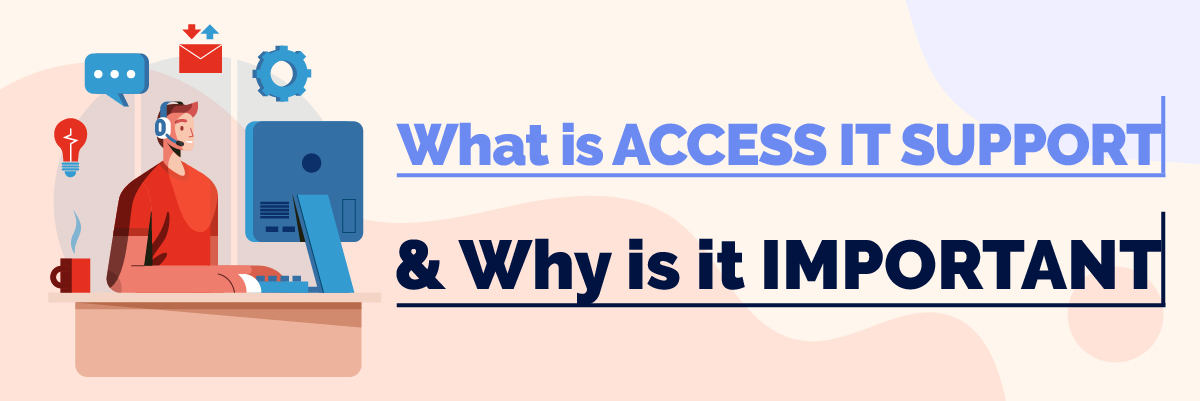
 What To Look for in a Great IT Support Team?
What To Look for in a Great IT Support Team?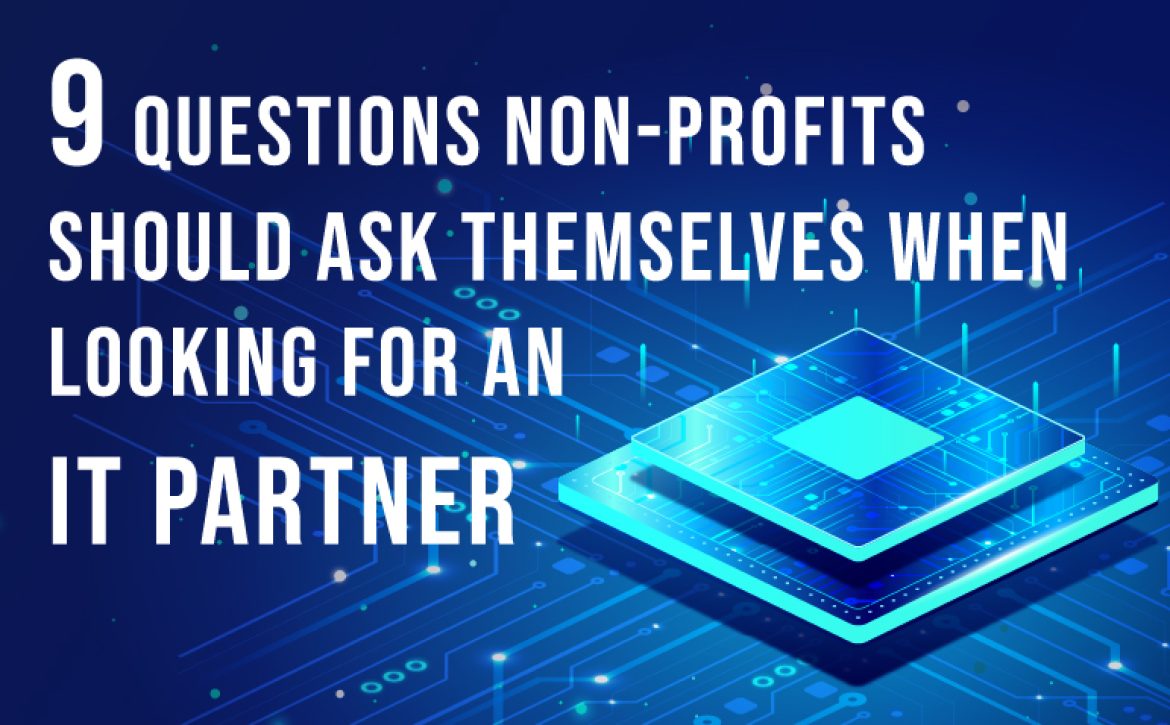
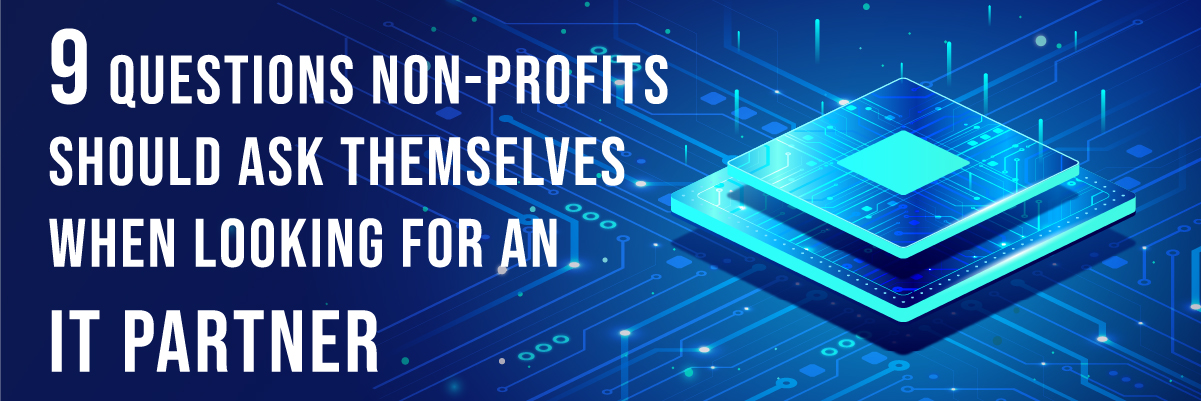



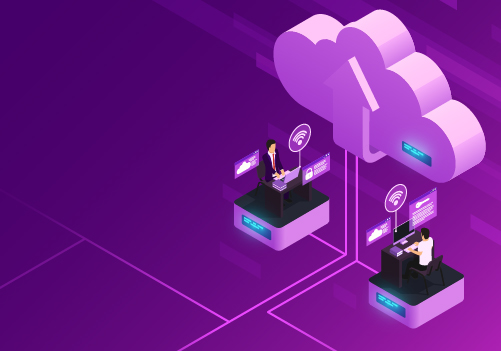

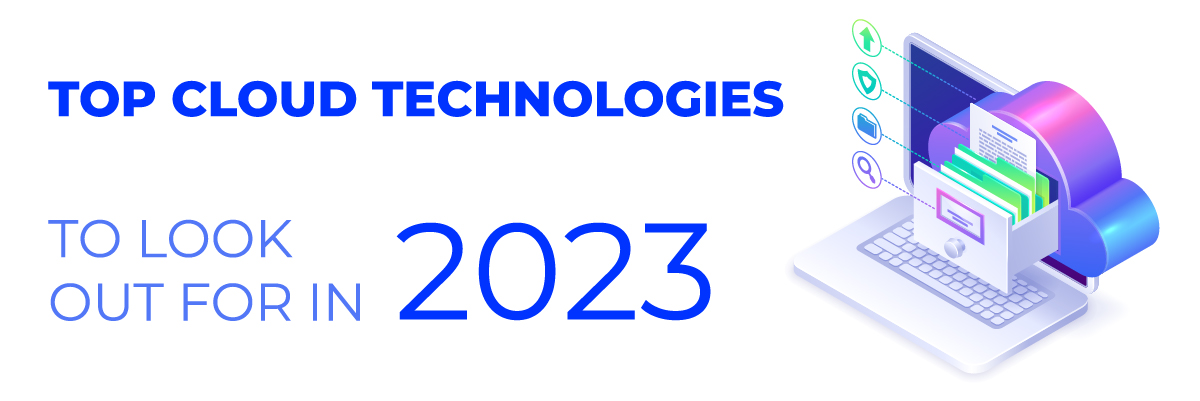
 Artificial Intelligence and Machine Learning Integration
Artificial Intelligence and Machine Learning Integration

 What are the Benefits of Using Managed IT Services?
What are the Benefits of Using Managed IT Services?

 Why is IT Important for Businesses?
Why is IT Important for Businesses?